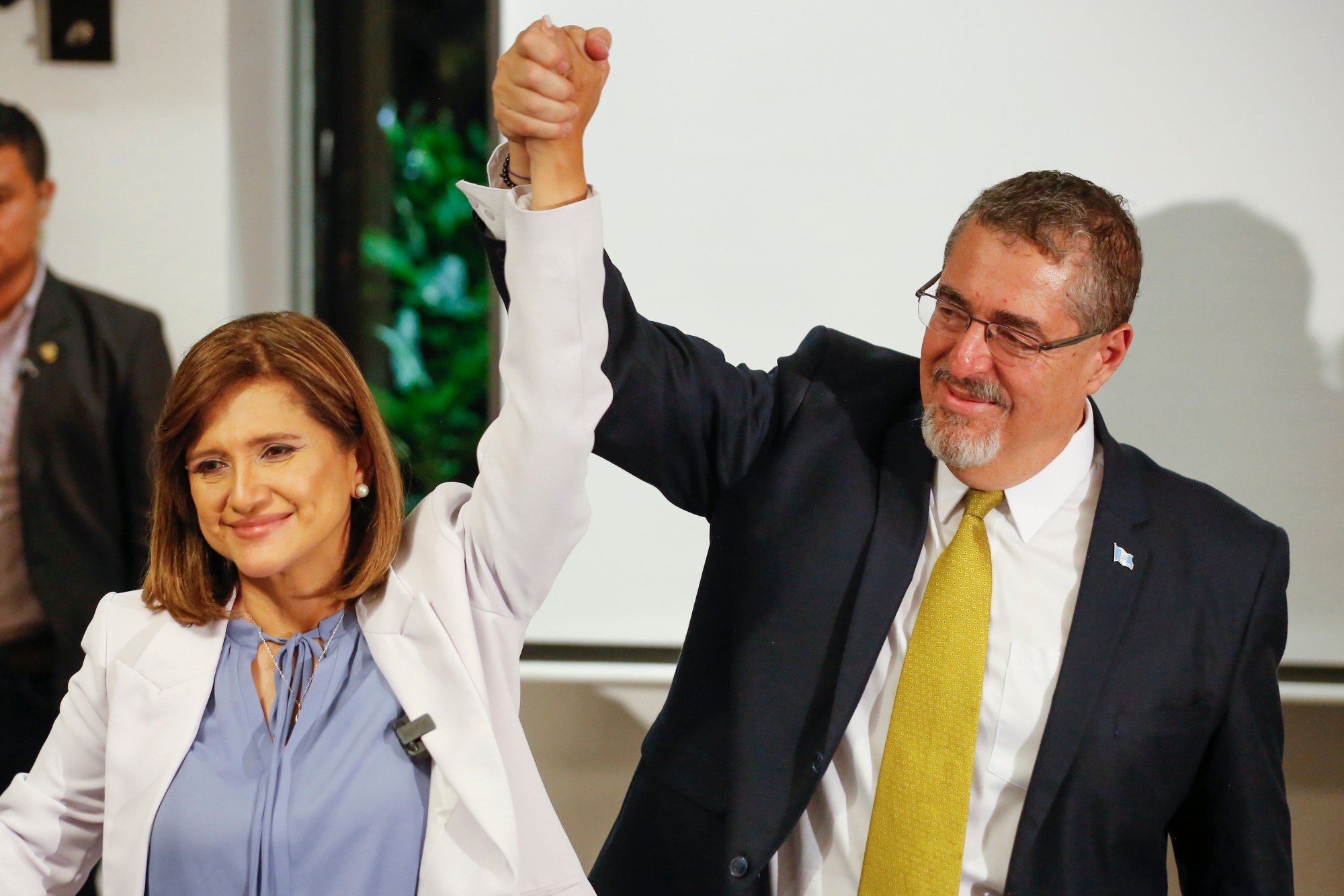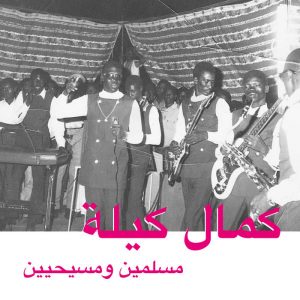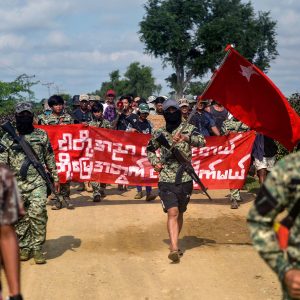Guatemala is on the verge of a political coup amid election turmoil. In the country’s recent presidential election, progressive candidate Bernardo Arévalo secured his victory with 58% of the votes, defeating the former first lady Sandra Torres’s 37%. The unprecedented victory of this dark horse candidate has provoked wrath and fear in the country’s political and economic elites. Attempts have been made to suspend his political party, the Movimiento Semilla, and block his inauguration in January.
Arévalo’s victory comes as a surprise to many, as most pre-election polls ranked him in last place. Known as “Tío Bernie” or “Uncle Bernie” among his supporters, Arévalo centered his campaign on tackling corruption, poverty, and inequality. As the son of Guatemala’s first democratically-elected leader, whom the people fondly remember, Arévalo gradually won the hearts of voters who had lost hope in the country’s status quo, marked by widespread violence and corruption. The spread of corruption and impunity enjoyed by government officials gained momentum in Guatemala after former president Jimmy Morales discontinued the United Nations-backed International Commission Against Impunity (CICIG) in 2018. Morales, at the time facing a CICIG investigation due to allegations of illegal campaign donations, reasoned that the commission violated Guatemala’s constitutional law and threatened national security. Thousands of CICIG supporters, deeming the action a regression toward authoritarianism, protested Morales’ decision. As Guatemala’s democracy hung in the balance, Morales’ successor Alejandro Giammattei, the incumbent president, took office with the promise to combat corruption. However, that promise was an empty one. Giammattei soon cracked down on magistrates who worked with the U.N. commission and journalists who voiced opposition against graft. He forced almost 30 judges, magistrates, and prosecutors to flee from the country and replaced them with his loyalists.
Guatemala’s economic and political elites have penetrated the nation’s justice system, manipulating the scales of justice to serve their interests. At the beginning of this year’s election, the Supreme Electoral Tribunal suspended the presidential candidacies of many who publicly supported anti-corruption efforts, arousing suspicion over its real motivations. Repeatedly disappointed by corruption scandals associated with political candidates, Guatemalans lost faith in their government. During the first round of presidential voting, more people cast null votes (17.38%) than for any candidate, signifying Guatamalans’ disenchantment with the existing political system. Among all the candidates, former first lady Sandra Torres ranked first with 15.86% of the votes and Bernardo Arévalo faced a runoff with 11.77%. Torres, leader of the social democratic party National Unity of Hope, allied with President Alejandro Giammattei and led her party to drift rightward. Through her campaign, she depicted Arévalo as a radical leftist who jeopardized the country’s conservative values. However, as a three-time presidential candidate, Torres herself faced similar accusations in prior left-leaning campaigns. In 2019, Torres received house arrest for charges of illicit campaign financing, but a judge later dismissed the case. This former first lady exemplifies Guatemala’s political turbulence with persistent corruption threatening the very bedrock of democratic values. To many Guatemalans, a presidency under Torres means the continuation of the current state, but a presidency under Arévalo embodies fresh hope for stronger governance through anti-graft crackdowns.
Voters’ anti-corruption sentiment peaked when Rafael Curruchiche, a prosecutor from the Attorney General’s Office known for disrupting high-profile corruption cases, attempted to suspend Arévalo’s party, despite the electoral law prohibiting suspension of parties during the electoral process. According to prosecutor Curruchiche, Movimiento Semilla falsified its party registration document because 12 signatures were collected from the deceased. Curruchiche’s moves backfired. The blatant disregard of electoral law infuriated voters, who now saw Arévalo as not just as a progressive candidate, but also as a symbol of resistance against corrupt officials. Many null voters in the first round were thus more inclined towards Arévalo in the final round. Furthermore, the attempted suspension of Movimiento Semilla inadvertently increased the party’s media coverage. As Movimiento Semilla’s campaign primarily focused on social media platforms such as TikTok and Twitter, the attempt to dissolve the party eventually helped propel the party’s name and messages to a broader populace.
Since Arévalo’s presidential victory, the Attorney General’s Office has continued with multiple investigations of Movimiento Semilla. According to international observers, allegations against Movimiento Semilla lacked sufficient evidence and merely stemmed from incentives to weaken Arévalo’s power. Prosecutors from the Attorney General’s Office have recently made an unprecedented breach of Guatemala’s electoral law by opening and photographing boxes of votes. Enraged by their actions, Arévalo called for peaceful demonstrations against the coup-mongers: “The time has come for all of us together, as one nation, to step forward, raise our voices and put a stop to that corrupt and coup-mongering minority that tries to deny the people of Guatemala the right to live in democracy.”
Guatemalans have since flooded the streets to support their president-elect. Protesters, led by indigenous people, farmers, and human rights activists, blocked streets and highways, demanding the resignation of Guatemala’s Attorney General and several prosecutors involved in the case.
(Image: Los Angeles Times)
Amidst the surging protests, Guatemala’s highest court upheld the decision to suspend Movimiento Semilla. Although President Giammattei pledged to hand over power, it remains unclear what party suspension means for Arévalo and the future of Guatemala. On one hand, Movimiento Semilla secured 23 congressional seats in the upcoming term, and the dissolution of the party would inevitably cripple the president-elect’s administrative power. On the other hand, even without party suspension, the conservative majority in Congress may impede Arévalo from his progressive agenda. The road ahead, if not paved with progressive strides toward cleaning up the government, may fall into the familiar cycle of empty promises again.
Featured Image Source: Bloomberg






Be First to Comment